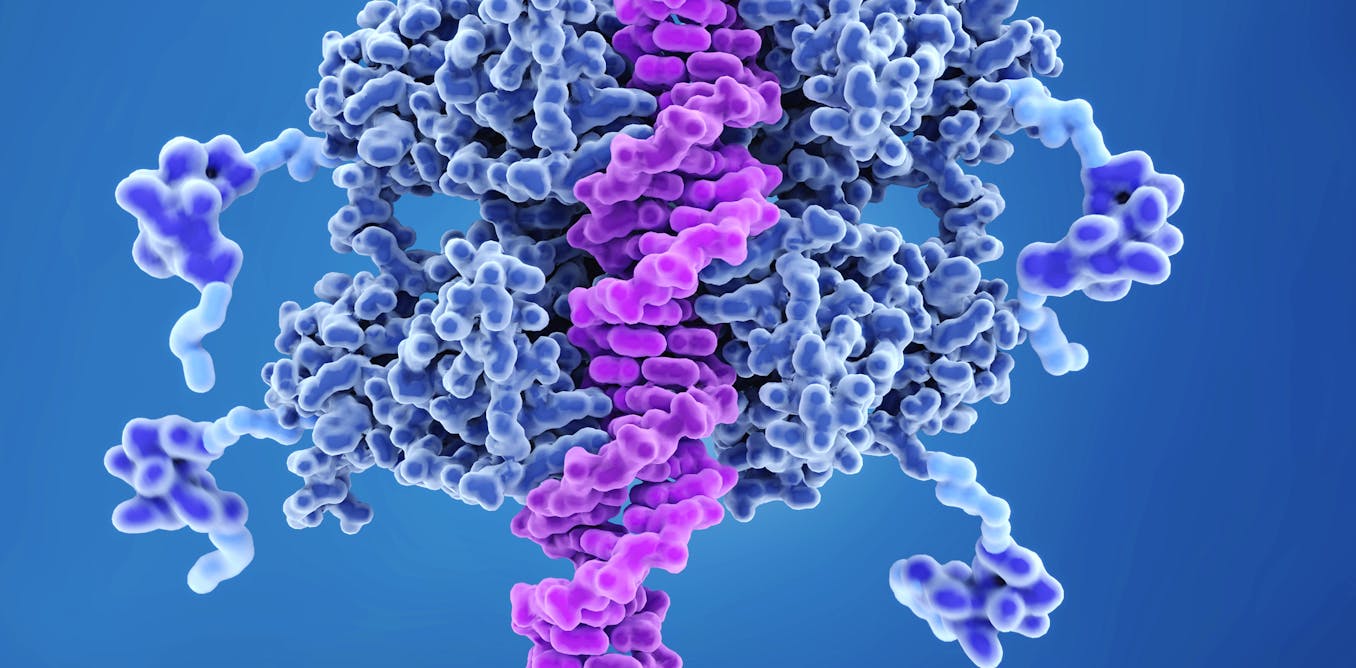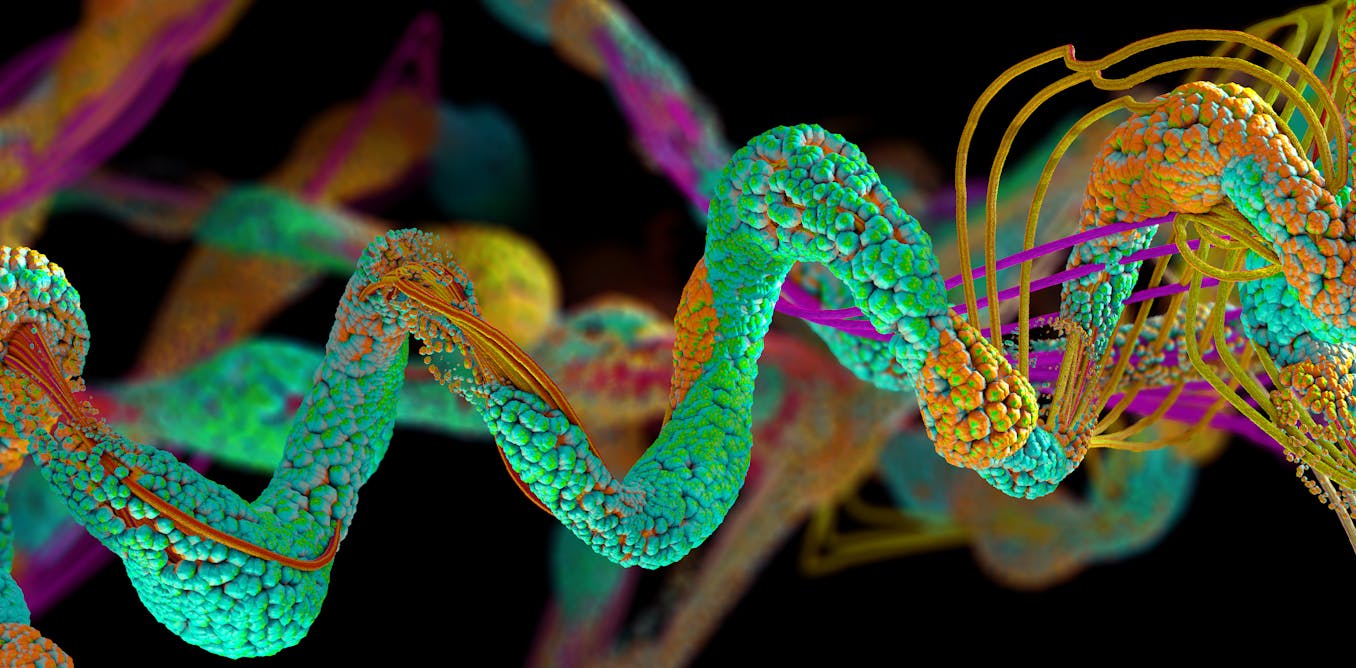Neuropathic pain has no immediate cause – research on a brain receptor may help stop this hard-to-treat condition
Chronic pain affects millions of people in the US. Targeting an oft-overlooked brain receptor could one day offer relief.
June 23, 2025 • ~7 min










